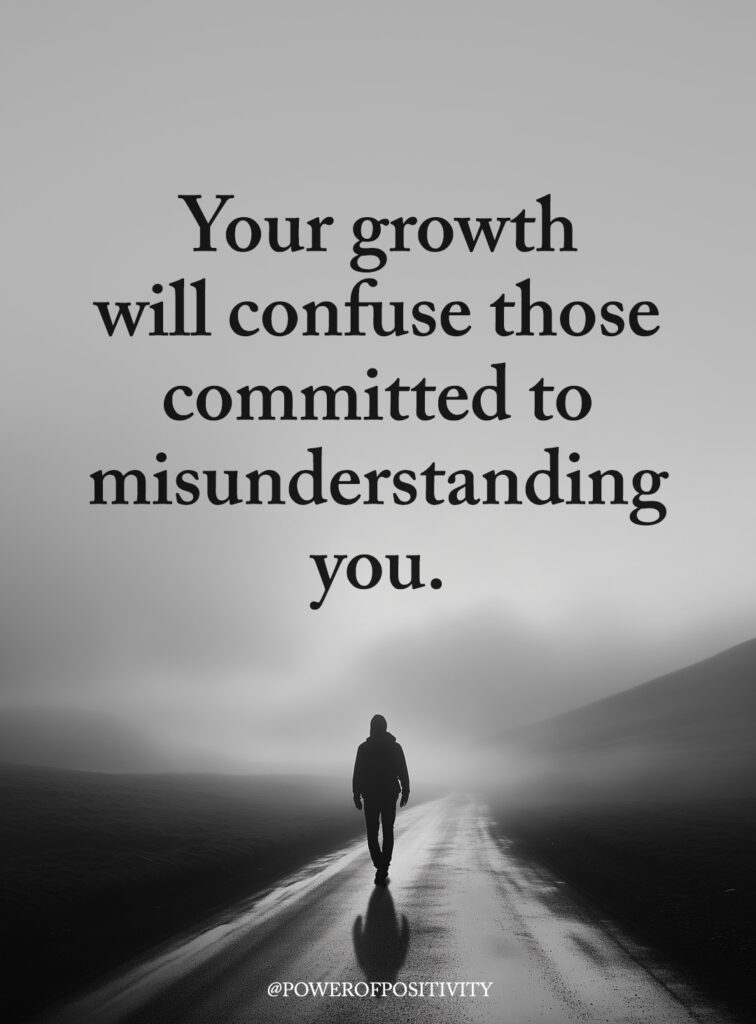Ever wonder why some days you wake up full of life, and other days it feels like you’re dragging your feet no matter how much coffee you drink? Real energy doesn’t just come from sleep or caffeine — it’s built from the nutrients your body relies on every single day.
Vitamins and minerals are the hidden workers behind the scenes. They turn food into fuel, carry oxygen through your blood, and keep your muscles and nerves ready for action. Without enough of them, tiredness creeps in fast. But having too much isn’t the answer either — balance is what keeps your system steady.
This guide to vitamins and minerals will walk you through the key players that keep your body running strong. Instead of quick fixes, you’ll see how the right mix supports lasting energy you can count on from morning to night.
How the Body Creates Energy
Energy is built inside your body through a process that works much like a power plant. The main fuel your cells use is ATP, often called the body’s “energy currency.” Every breath, step, and thought depends on it.
At the center of this process are the mitochondria. These tiny “engines” inside cells take the food you eat and, with oxygen, turn it into ATP. Without enough oxygen, this system slows down — and you feel it as weakness or low stamina.
Vitamins and minerals keep this whole chain moving. Here’s how they help:
- Coenzymes made from B vitamins trigger reactions that turn food into usable energy.
- Iron and folate build healthy red blood cells to carry oxygen.
- Magnesium and zinc act as switches that keep enzymes working correctly.
When even one of these nutrients is missing, your body can’t keep up. That’s why a balanced diet is so important for steady energy. A reliable guide to vitamins and minerals shows how small daily choices directly affect how strong, alert, and active you feel.
The Essential Minerals That Keep Energy Flowing
Iron: Oxygen Carrier
Iron makes hemoglobin, the protein in red blood cells that moves oxygen around the body. Without enough iron, oxygen delivery slows down, and tiredness takes over. Signs of deficiency include pale skin, weakness, and fatigue.
Good sources include lean meats, beans, spinach, dried fruits, and fortified cereals. Women, especially during childbearing years, often need more iron due to blood loss from monthly cycles.
Too much iron isn’t helpful either. Excess can build up in organs and cause harm, including fatigue. Getting the right balance matters more than loading up on supplements.
Magnesium: The Energy Converter
Magnesium plays a direct role in turning glucose into energy your cells can use. Low levels make it harder for muscles and nerves to function, which is why cramps and low stamina show up when magnesium is lacking.
It also supports quality sleep and stress balance — two factors that influence daily energy.
You’ll find magnesium in leafy greens, whole grains, legumes, nuts, and seeds. Many people don’t meet their daily needs, so including these foods regularly helps keep energy steady.
Zinc: Cellular Worker
Zinc is part of over 300 enzymes that keep the body running, including those that produce energy. It also supports the immune system, which protects your body from the extra drain illness can cause.
A shortage of zinc may show up as poor wound healing, loss of appetite, or ongoing fatigue.
Seafood, poultry, and pumpkin seeds are all strong zinc sources. While small amounts go a long way, being consistently low can affect both health and energy.
Potassium: Nerve and Muscle Energizer
Potassium helps control fluid balance, nerve signals, and muscle contractions. Without enough of it, energy crashes happen more easily, and weakness can set in.
This mineral also keeps your heart rhythm steady, so your body doesn’t work harder than it should.
Food sources include bananas, sweet potatoes, beans, and avocados. When potassium drops too low, it can lead to irregular heartbeats, muscle fatigue, or even cramps that stop you in your tracks.
The Essential Vitamins That Power Real Energy
Vitamin B12: The Nerve and Blood Booster
Vitamin B12 helps make red blood cells and keeps nerves healthy. Without it, oxygen transport slows down, and energy drops. Older adults and people on vegan diets are most at risk for low levels.
Animal products like fish, meat, eggs, and dairy are main sources. Fortified cereals are also helpful.
Low B12 may show up as fatigue, tingling in hands or feet, or memory problems.
Folate (Vitamin B9): Partner in Red Blood Cell Health
Folate works alongside B12 to prevent anemia, which means it helps your blood deliver oxygen efficiently. Low folate leads to tiredness, irritability, and slower cell repair.
Leafy greens, beans, and fortified grains make excellent sources. Getting enough folate keeps both energy and overall health stronger.
Vitamin B6: The Mood and Energy Connector
Vitamin B6 helps convert food into glucose and also supports the production of brain chemicals that affect mood. Without it, energy levels sink, and brain fog can take over.
Sources include poultry, bananas, and fortified cereals. While deficiencies are rare, they can cause low energy and poor concentration.
Vitamin D: Strength and Endurance Supporter
Vitamin D supports muscle function and bone strength. Low levels can cause weakness, aches, and tiredness. It also plays a role in mood, which links directly to daily energy.
Sunlight triggers vitamin D production in the skin, but people in low-sunlight areas often fall short. Foods like fatty fish, fortified milk, and fortified juices can help. Supplements are sometimes needed, especially in older adults.
Keeping vitamin D at healthy levels not only supports energy but also improves immunity and endurance.
Beyond Vitamins and Minerals: Supporting Nutrient Balance
Energy doesn’t come from vitamins and minerals alone. Protein builds muscle repair, complex carbs provide steady fuel, and hydration keeps the system moving. These basics work hand in hand with nutrients. Even the best guide to vitamins and minerals points out that no single nutrient is a magic fix — balance across your whole diet is what matters.
Practical Tips to Get Enough Nutrients Daily
- Fill your plate with a mix of colorful fruits and vegetables.
- Add lean proteins like fish, chicken, beans, or eggs.
- Choose whole grains instead of refined carbs for steady energy.
- Rotate your foods often to cover more nutrient needs.
- Use supplements only if your doctor recommends them.
- Ask for blood tests if fatigue lingers — they can spot hidden deficiencies.
Simple daily habits make a bigger impact than relying on one pill or quick fix.
Final Thoughts on Using Nutrients for Real Energy
True energy doesn’t come from shortcuts. It’s built by sleep, activity, and a balanced diet working together. Vitamins and minerals may be quiet workers, but they drive the processes that keep your body alive and alert.
The best way forward is balance — not too little, not too much. A trusted guide to vitamins and minerals shows that steady, lasting energy is possible when your body has what it needs. Strong cells, healthy blood, and stable mood all start with nutrients that power you from within.















